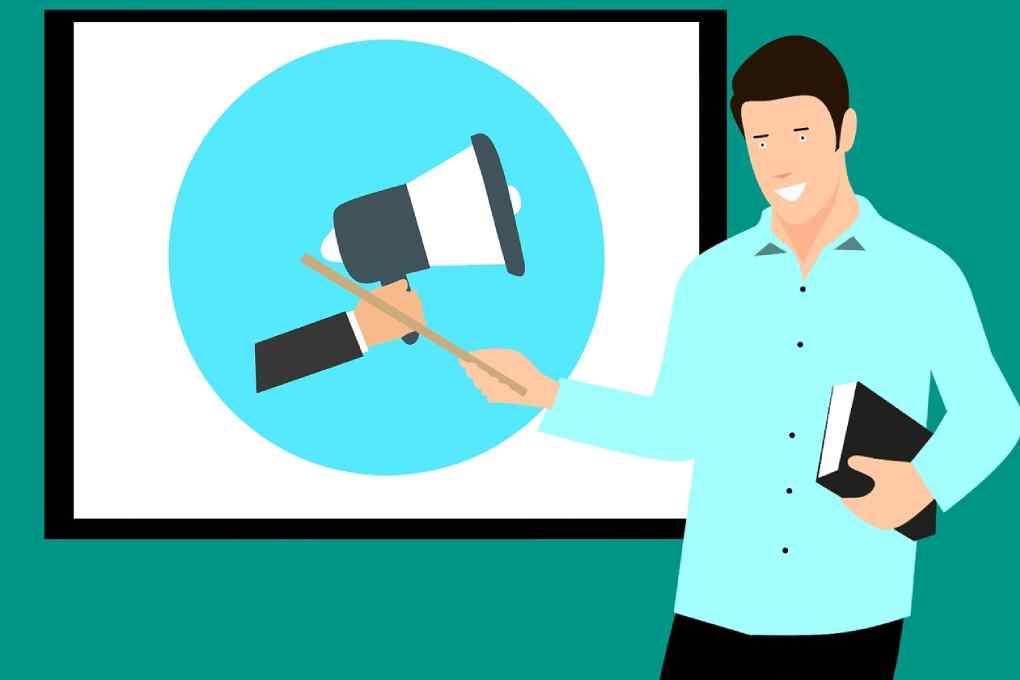Public Speaking: Anxiety, Here’s How To Overcome It

Giving a speech in public causes anxiety, representing a real emotional and physical block for many, a natural feeling of fear that can limit the career and cause significant difficulties for the person who will be the speaker. Exposing yourself in public is a stressful situation, which can also be very strong but can be overcome and overcome by applying the following advice.
It is called glossophobia, and it is the fear of public speaking or public speaking anxiety, and it is one of the greatest fears of people all over the world, even more than the fear of death. It is estimated that 75% of the people in the world suffer from it, so if you are reading this article, don’t feel alone.
Table of Contents
Symptoms
If you have to give a public speech, there is a good chance that you need to overcome anxiety and precisely these symptoms:
- nausea
- dry mouth
- sleep loss (or insomnia)
- headache
- dilated pupils
- disturbed hearing
- sweaty hands
- shortness of breath or shortness of breath
- increased heart rate
- desire to escape
- increased oxygen supply
- increased blood pressure.
So if you feel worried or anxious weeks or months before a public speech, you will likely recognize one or more of these symptoms. They result from an adrenaline rush that prepares the body for danger – there is no actual physical threat, but you may feel that you have lost control of your body.
Remedies
In public speaking, anxiety is based on our past experiences affecting our ability to deliver a speech: We are afraid to go on stage, but why? Fortunately, public speaking anxiety can be managed using specific strategies or, better yet, by taking a public speaking course focused on overcoming fear.
Learn To Accept Anxiety
Even the most experienced speakers and performers feel nervous and anxious before giving a public speech. Indeed it is good to know that most of them believe that feeling anxiety makes a better speaker. Learning to accept that you will always be a little anxious to give a speech will help – it is typical and widespread to feel this way.
Also Read: The Keys To Finding A Job Successfully
Understanding The Problem
It was previously written that anyone is afraid to give a speech in public and go on stage. Still, a large part of overcoming any problem is not only recognizing but also knowing what is happening to us, mentally, emotionally, and physically.
Human beings are endowed with self-preservation instincts, which can be triggered by real or imagined danger. These primitive instincts reside in a particular part of the brain, the cerebral cortex: instinctive and emotion-driven reactions govern the most primitive area of our brain in this area; when anxiety and fear strike, logic, reason, and even language experience difficulties. The instinctive fear reactions block the thinking brain at a high level because, in this way, the brain protects itself to “survive.”
Breaking the links between past and present experiences can help overcome the fear of public speaking and the anxiety that goes with it.
Minimize
You are convincing yourself that delivering an anxiety-free and successful public speech is easier than it sounds. You feel fearful of the performance, but minimizing this fear by making the task smaller helps: you don’t have to feel threatened or scared because the audience will be there to hear us. There is a particular reason why he will be in the room.
Training Courses
Taking a specific training course on fear of public speaking remains the best way to overcome it. Its purpose is to drastically reduce or even eliminate this overwhelming, confusing state of mind.
Also Read: For A Picture, A Thousand Words, And More Sales




